Prepare for your cycling holiday or training camp with these eight essential steps
Get the most from your cycling holiday with a little preparation
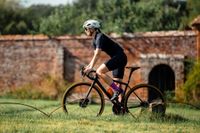
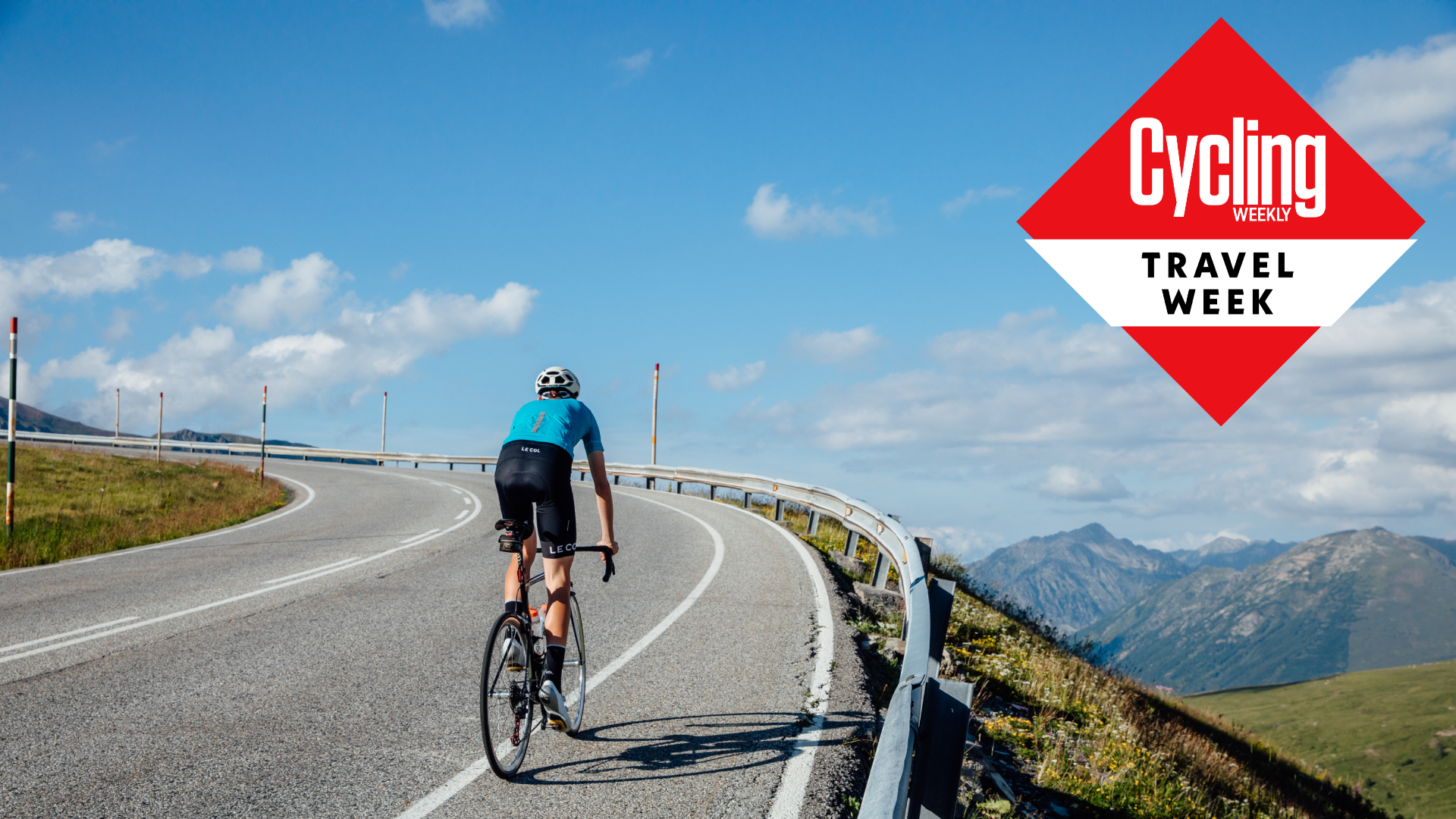
The latest race content, interviews, features, reviews and expert buying guides, direct to your inbox!
You are now subscribed
Your newsletter sign-up was successful
If you're heading off on a cycling adventure some time soon, you're certainly not in the minority.
It's common for groups of cyclists to jet off between the months of February and April, searching for warmer weather, long European climbs and a bit of respite from the crater laden road surfaces in the UK and US.
If you're after some inspiration as to where to ride, check out our guide to the best cycling holiday destinations in Europe and Africa.
Such holidays are usually anticipated months in advance and embarked upon with great expectations. All being well, riders can expect to come home with improved fitness and renewed enthusiasm following some sunny days spent cycling and relaxing in good company. They will also have skipped some iffy UK and US weather and be ready to take on their summer schedule and objectives with renewed enthusiasm.
However, it's easy to let the excitement take over, burst out the blocks on arrival, hit too many long endurance rides at Zone 2 and underestimate the amount of climbing needed, returning home over-tired and burned out, having overtrained.
1. Build up some miles to prepare for a cycling holiday
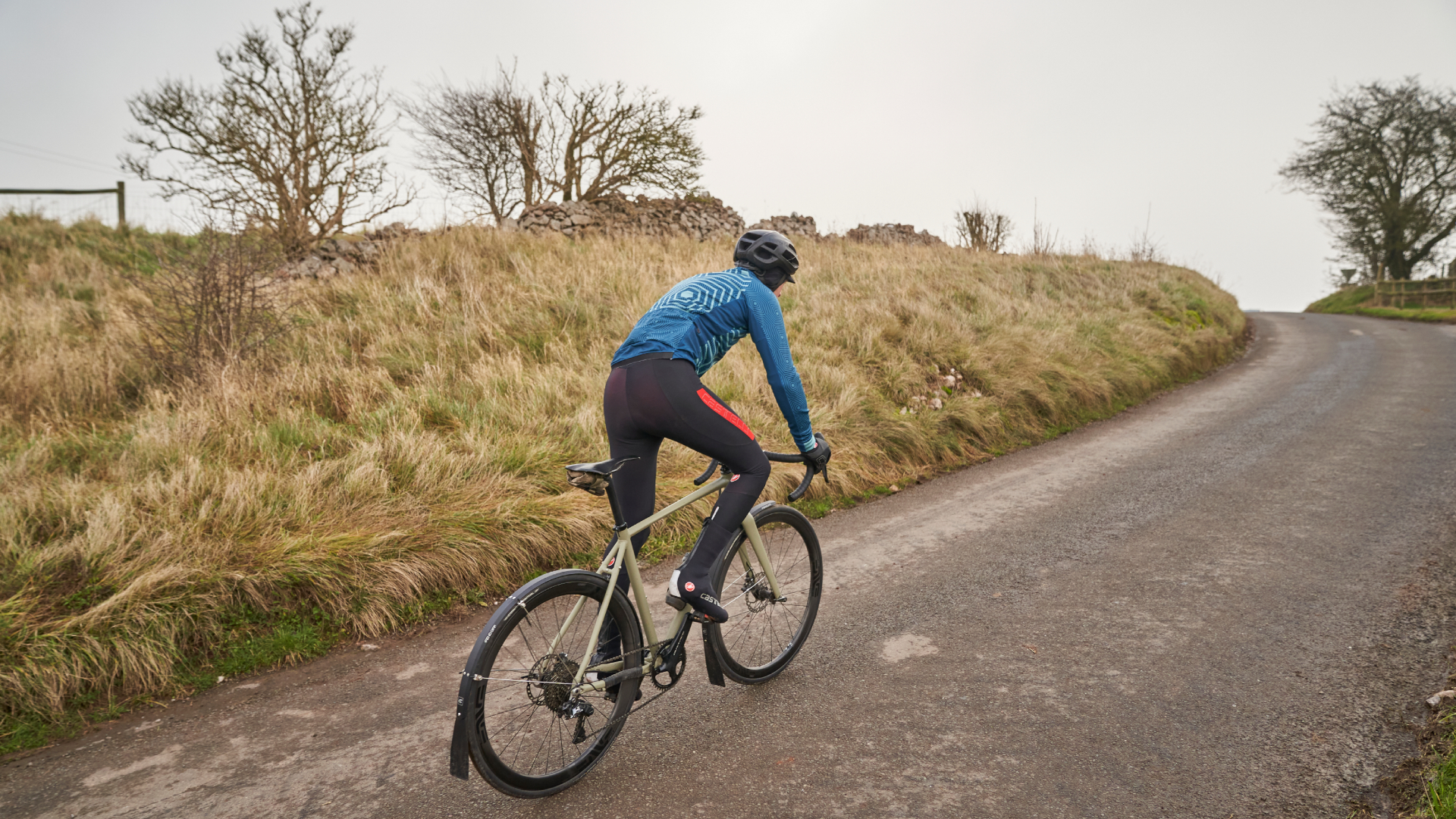
Get some miles in your legs beforehand
'Training for a training camp' might sound a bit crazy, but if you've built up a few miles in your legs you'll probably enjoy your trip more and be able to get a greater benefit from your days in the saddle, being less stretched and able to do more while you're away.
Your cycling holiday is likely to involve back-to-back, long days. We're not suggesting you try to log this sort of distance at home around your day job, but if you can extend your weekend rides in the lead-up and perhaps do a couple of double days it'll help your body in its readiness for what's coming and psychologically you'll feel more prepared.
The latest race content, interviews, features, reviews and expert buying guides, direct to your inbox!
You don't want to be the one that everyone is waiting around for at the top of every climb all holiday.
2. Discuss expectations: is it a cycling holiday or training camp?
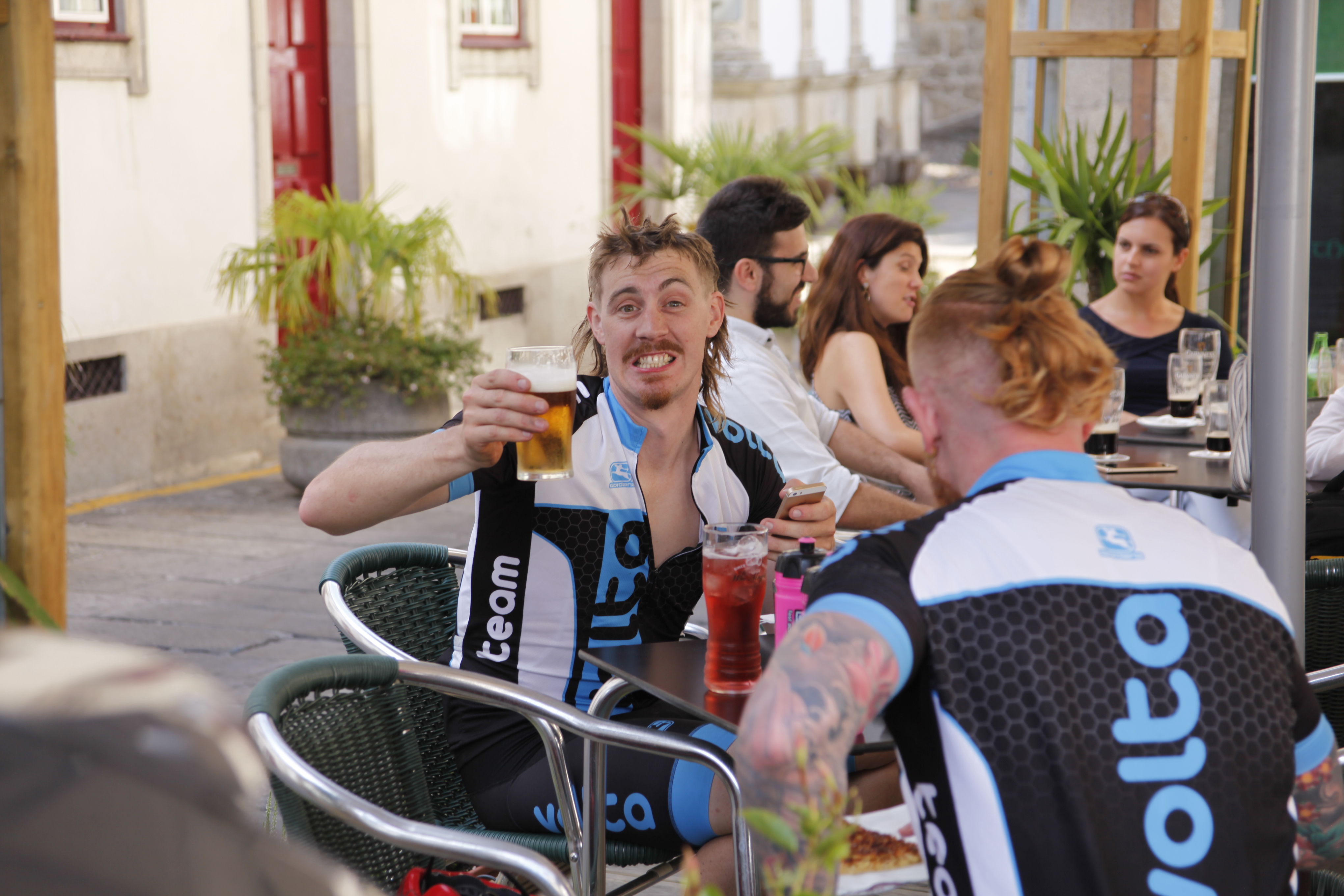
If you're going away with a group of other cyclists, then it's important to make sure you're on the same page. Is this a 'training camp' or a 'cycling holiday'? Are you riding all day, or splitting your time between the bike and the bars/pool/tourist attractions?
Some riders will probably want to be out riding all day every day, while others may be more interested in the après-ride bars. That might be a particular issue if you're tired and sharing a room with a party animal.
Of course, there's nothing stopping you doing some of your rides separately - just make sure you've all got similar expectations.
An easy day might offer some recovery and help you to keep going better on subsequent days, although it might seem a waste, having flown out to your training camp. Keep an eye on the weather too - you might find you want to skip that all-day ride in a gale.
3. Outline a rough plan to prepare for the cycling holiday
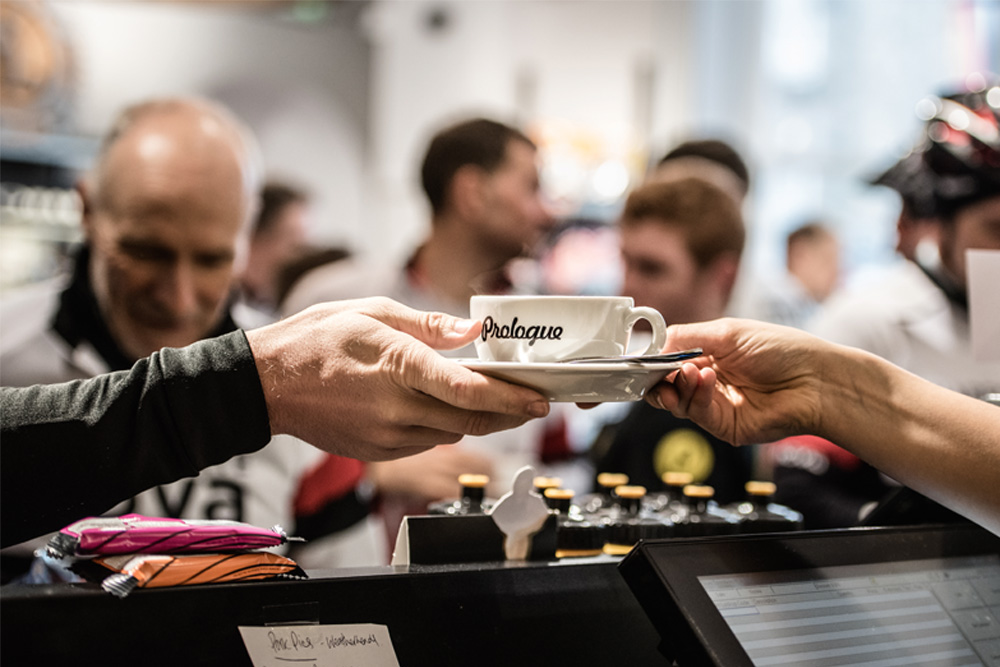
Most cycling holiday locations feature local climbs - a desire to ride the surrounding ascents probably played a role in your choice of base. If there are some climbs on your bucket list, make a plan for when you're going to attack them.
Be realistic about how many big ride days you can do, so that you'll enjoy your Queen Stage ride, rather than it becoming a slog.
It's a good idea to plan in a 'recovery day' when you might spin out for a shorter, flatter ride, though prepare to be flexible with this as the weather dictates.
4. Prepare your bike for the cycling holiday
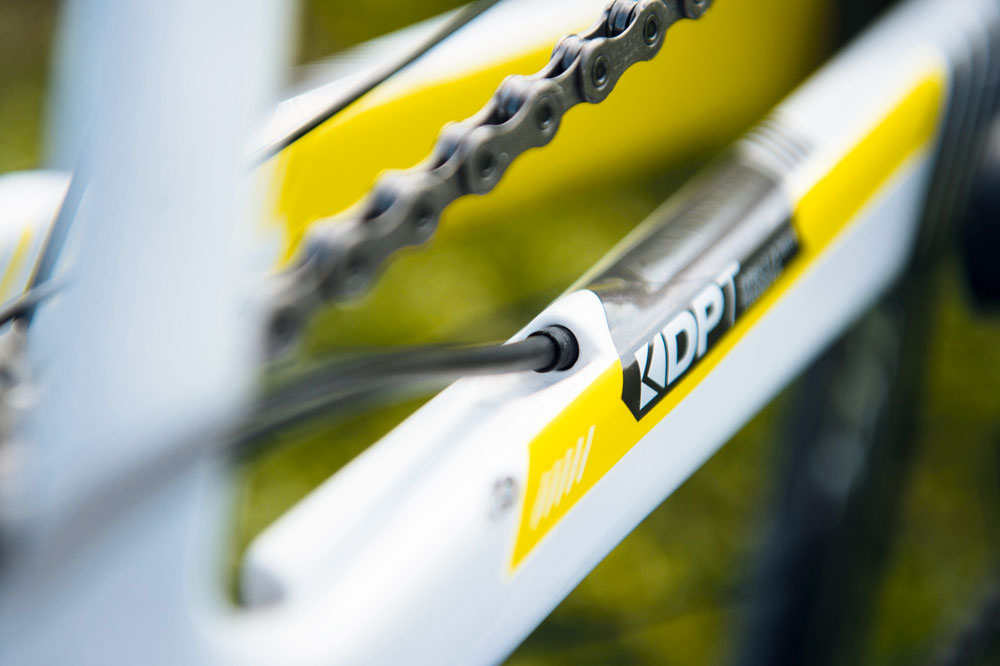
There's few things worse than a week of listening to a noisy pedal - or worse, having your descents ruined by tyres you don't trust or brakes that are so near the metal you're not quite sure if you're going to be able to brake for that fast approaching bend.
Your bike is going to see more wear on your week away than normal. The demands of long climbs and descents means that you really want your gears and brakes to be in good working order - so replacing brake pads and cables before you leave is a good idea.
If you've got electronic shifting, make sure you've charged the battery or have packed your charging cradle/cable. You don't want to spend the whole holiday on the little ring. Check your chain for wear and that all your bolts are tight as well.
It probably goes without saying, but just in case: don't be like this author (many years ago) aged 21, madly hunting for a bike sized cardboard box the night before travelling with her three-week-old first road bike to the Pyrenees.
Your bike is going to need to travel in some form of box or bag, we recommend a hard shell case above all - mainly for the metal pole that runs through the middle and makes it impossible to crush. There are several good options on the market, or you can hire a bike at your destination or rent a bike box before you travel.
5. Take kit for assorted weathers
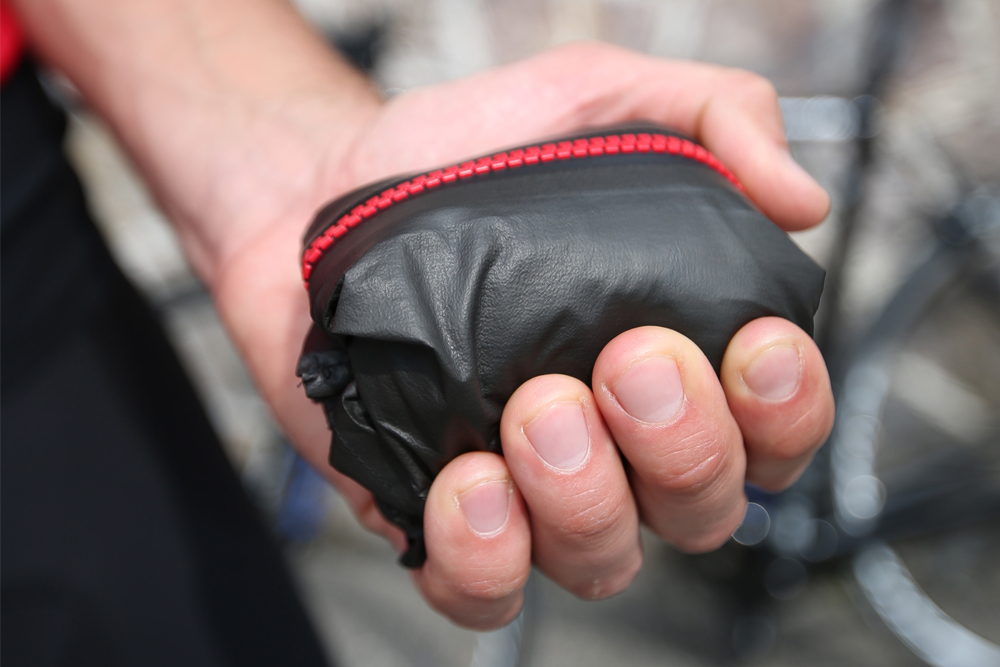
Traditionally we travel to Europe for better weather conditions - but that doesn't mean you can expect wall-to-wall sunshine 24/7. In the early season, even cycling hotspots like the Costa Blanca and Mallorca can see snow or cold, wet weather.
Weather conditions may vary, day-to-day and during rides - not to mention the fact that your core temperature will fluctuate on the climbs versus on the descents. High mountain passes can sometimes see snow or sleet even in high summer and that's much more likely even on a late spring training camp.
Important items to consider, then, are removable layers - arm warmers, leg warmers, packable jackets, gilets and a base layer that can wick sweat away on the climb so it doesn't cool on your skin on descents.
Make sure that you have options to keep your arms, legs and feet covered and a pair of full fingered gloves. You might want to pack a cycling cap, which will protect you from high altitude sun, as well as rain and cold. Sun cream is a shrewd addition if heading south, even in the spring.
Many European mountain passes include long, unlit tunnels - so taking a set of lights is a good idea.
6. Consider saddle comfort
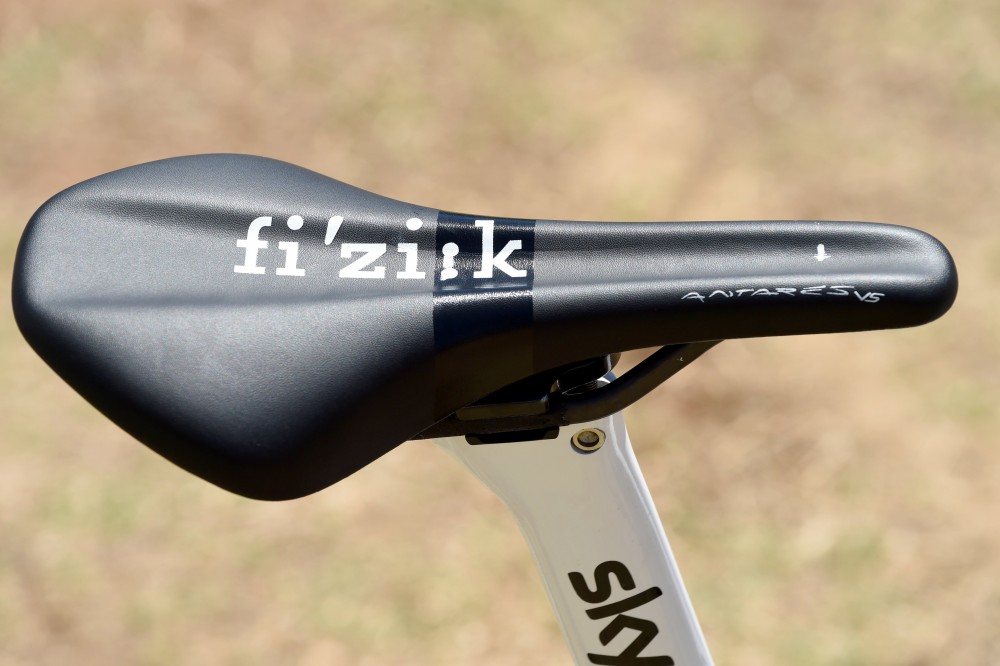
If you're struggling with any sort of saddle discomfort now, then you'll be struggling a whole lot more after 500 kilometres.
Take a seat that you know is bum friendly over endurance rides (make sure you test it in advance), especially if you're hiring a bike - you don't want to be playing saddle roulette and can ask the shop to swap out their stock saddle for one that works for you.
Chamois cream and plenty of pairs of comfortable cycling shorts are sensible additions, too. Make sure you've got enough shorts for a fresh pair every day, or be prepared to wash your cycling kit in the evening.
Cycling tour companies will probably have clothes washing services or facilities, but if you've organised things yourself, you'll need to bring the necessary technical wash products and hang your kit to dry in your room.
7. Nutrition is important
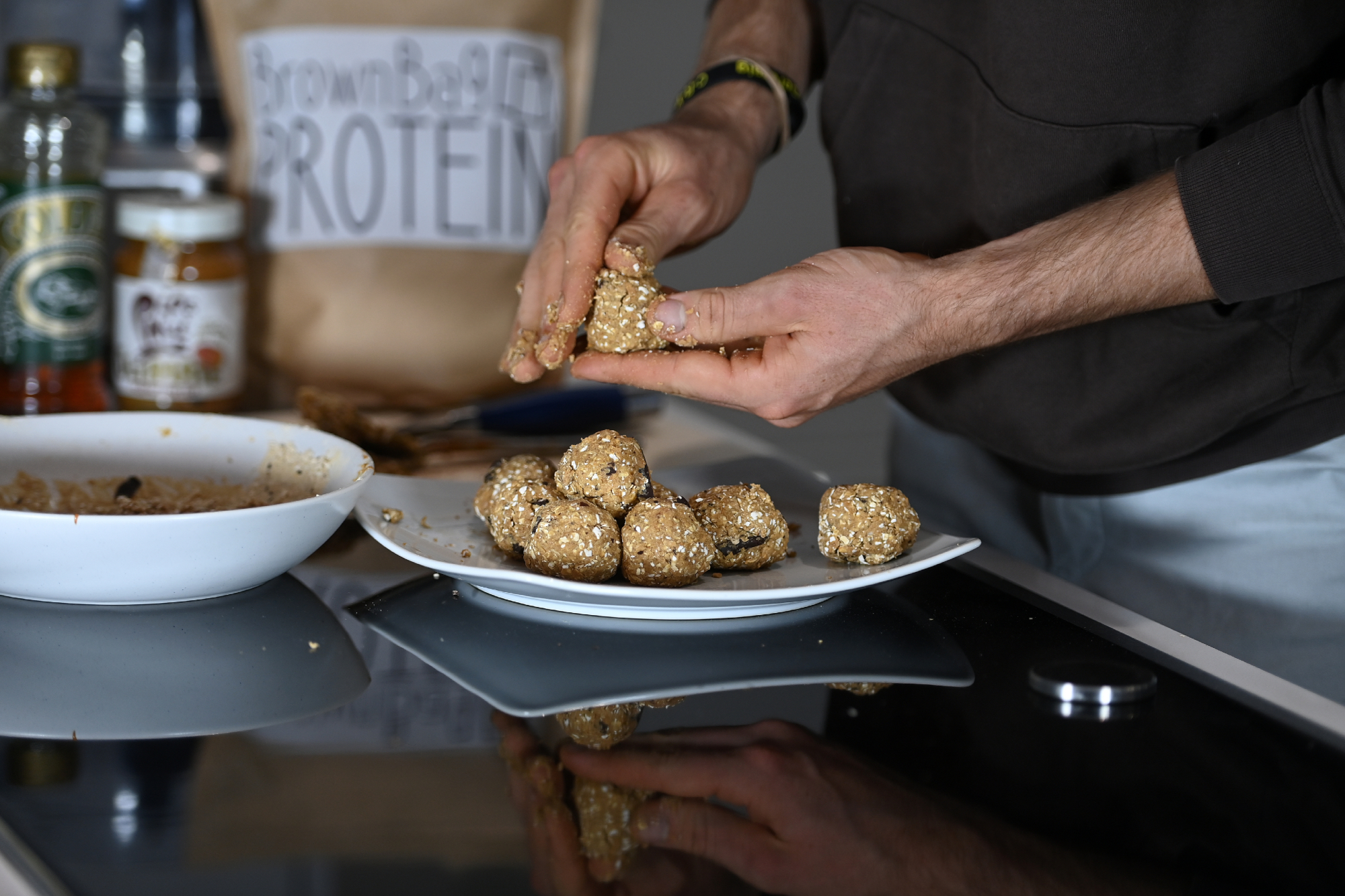
Make sure you'll be able to get your normal ride fuel, or take it with you
The number one piece of advice for cyclists taking on long rides is always to fuel correctly - drinking and eating along the way to top up the tanks. So if you're completing long rides every day (or almost every day) then it follows that this is going be become even more important.
If you usually use energy drink, bars, gels or recovery drinks, then take your normal poison with you, unless you know it'll be readily available where you're staying. Trying out a new product at your camp may risk stomach problems or you may find it difficult to get the cycling nutrition you need on a long ride in a remote area.
It's common for cyclists to stay at hotels with buffet style dinners on training camps. This removes the hassle of shopping and cooking (if you don't enjoy it), but it does mean you've got to eat what's going. There's usually a lot of choice, but try to avoid getting carried away and eating foods that you know won't make for better bike riding the next day or which you're not sure you'll tolerate well.
8. Check your insurance policy before your cycling holiday
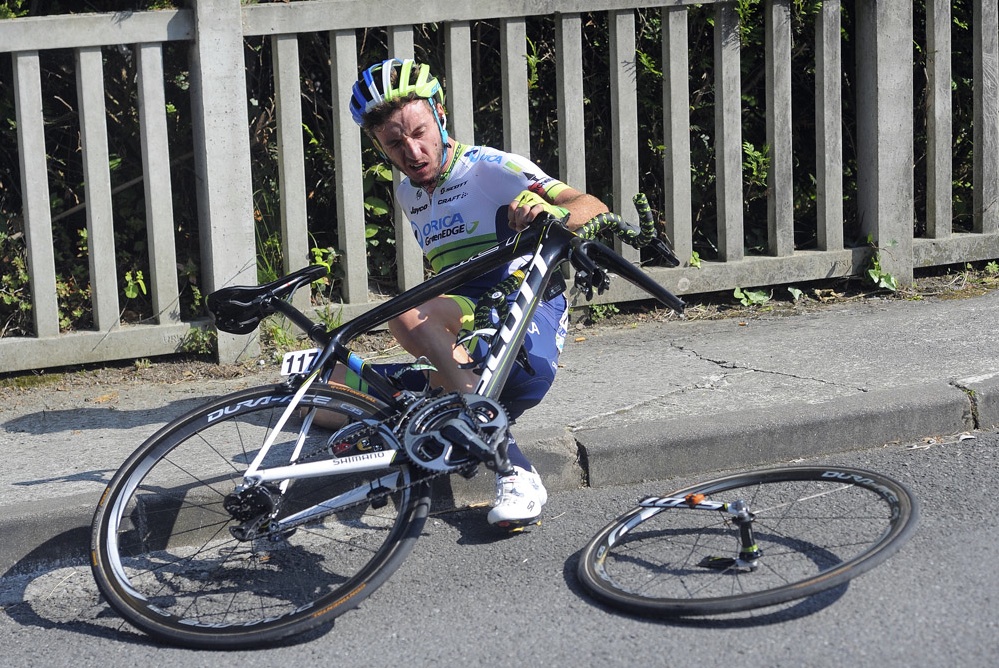
Boring, we know. But you'll be a lot more bored if you find yourself bike-less for a month after being decoupled from it on a descent.
Most home insurance policies cover your bike when abroad, but it's worth checking. Cycle specific insurance companies will probably cover you, but do check.
Purchasing travel insurance, which can cover your flights, accommodation and any medical fees is a smart idea too.
Michelle Arthurs-Brennan the Editor of Cycling Weekly website. An NCTJ qualified traditional journalist by trade, Michelle began her career working for local newspapers. She's worked within the cycling industry since 2012, and joined the Cycling Weekly team in 2017, having previously been Editor at Total Women's Cycling. Prior to welcoming her first daughter in 2022, Michelle raced on the road, track, and in time trials, and still rides as much as she can - albeit a fair proportion indoors, for now.
Michelle is on maternity leave from April 2025 until spring 2026.
